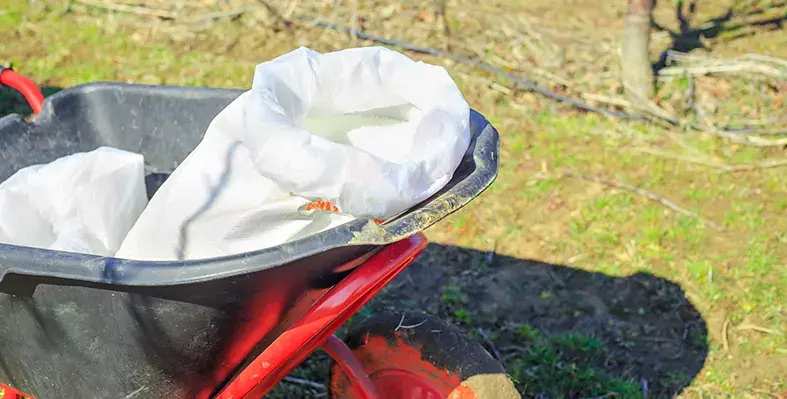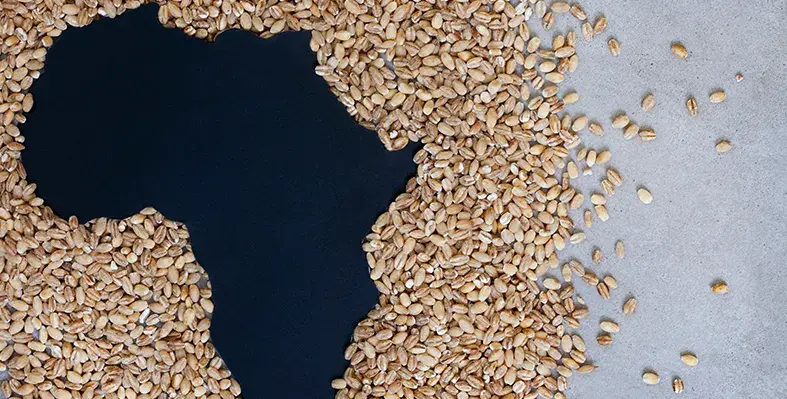The Akatsi North District Assembly has unveiled a transformative initiative aimed at enhancing mechanized agriculture, creating jobs, and promoting sustainable economic development within the region
The District Chief Executive (DCE), Bless Kodjo Katamani, announced the ambitious plan, which also targets cross-border agricultural trade with neighboring Togo.
With vast arable land and a vibrant youth population—particularly women—the district is positioned to become a hub for large-scale farming. The initiative is being supported by key development partners including Action for Humanity, the African Centre for Strategic Innovation, and Opportunity International Ghana. These partners will provide tractors and essential farm inputs to enable farmers to commence operations in the current planting season.
“This marks the beginning of a new era of hope and jobs for Akatsi North,” said Katamani. “Our vision is to empower our farmers, especially the youth and women, while producing enough food to feed Ghana and beyond.”
In addition to agricultural development, the assembly is focusing on tourism as a complementary revenue stream. Plans are underway to enhance the Ave-Dakpa crocodile pond tourist site by constructing affordable guest houses and food outlets to attract both domestic and international tourists.
To support these initiatives, the Assembly has launched a district-wide sanitation campaign to ensure a clean and healthy environment. Residents have been cautioned against indiscriminate dumping of waste, with enforcement measures, including possible prosecutions, in place to maintain cleanliness.
The district, home to over 35,000 residents—nearly half of whom are women—is also investing in inclusive growth strategies aimed at improving livelihoods and retaining youth in productive ventures. Ave-Dakpa, located on the Ho–Denu road, is already a key commercial center known for producing vegetables, maize, and other staple crops.
Through this integrated approach to agriculture, tourism, and sanitation, Akatsi North aims to accelerate development, ensure food security, and position itself as a model district in sustainable rural transformation.









